-

L-Aspartate CAS:17090-93-6
L-Aspartate feed grade is a high-quality amino acid feed additive used in animal nutrition. It promotes growth and development, improves nutrient metabolism, enhances energy production, helps maintain electrolyte balance, and supports stress management. By including L-Aspartate in animal diets, overall health, performance, and stress tolerance can be improved.
-
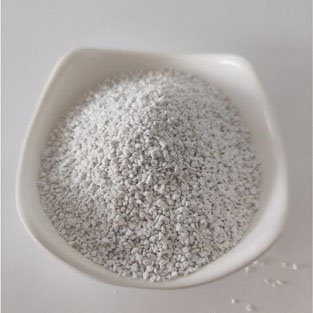
Dicalcium Phosphate Feed Grade Granular CAS: 7757-93-9
Dicalcium phosphate granular feed grade is a specific form of dicalcium phosphate that is processed into granules for easier handling and mixing into animal feeds. It is commonly used as a mineral supplement in animal nutrition.
The granular form of dicalcium phosphate provides several advantages over its powdered counterpart. Firstly, it improves the flowability and handling characteristics of the product, making it easier to transport and mix into feed formulations. The granules also have a reduced tendency to separate or settle, ensuring a more homogeneous distribution in the feed.
-
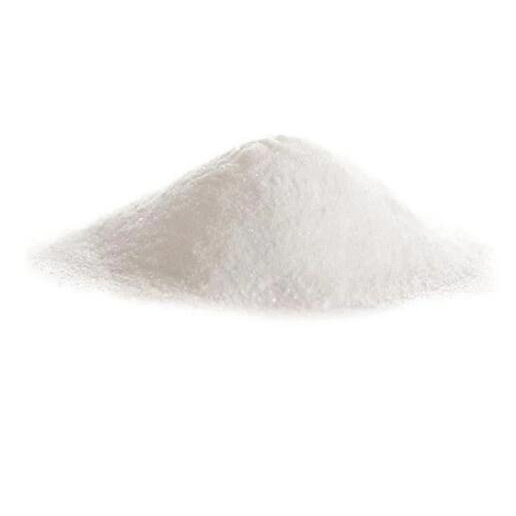
Glycine CAS:56-40-6
Glycine feed grade is a valuable amino acid supplement used in animal nutrition. It plays a crucial role in protein synthesis, aiding in muscle development and growth. Glycine also supports metabolic functions and improves the utilization of dietary nutrients. As a feed additive, it enhances feed palatability, promoting higher feed intake and overall animal performance. Glycine feed grade is suitable for various animal species and can help optimize feed efficiency and support healthy growth and development.
-
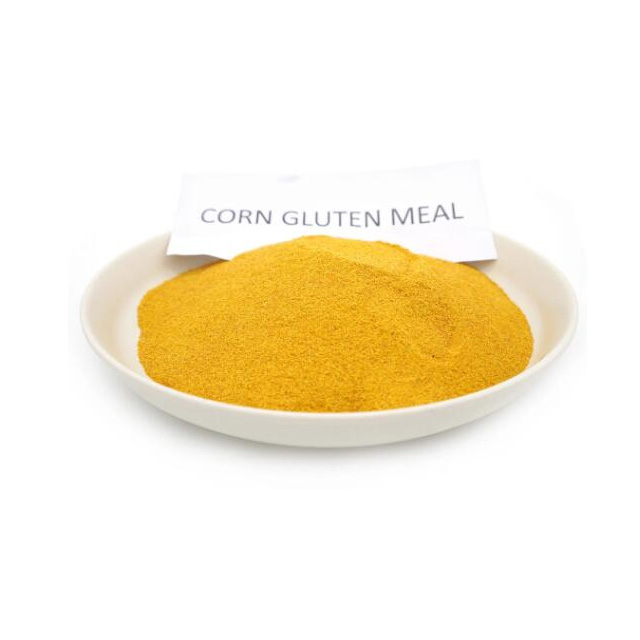
Corn Gluten Meal 60 CAS:66071-96-3
Corn gluten meal is a feed-grade product derived from the corn milling process. It is primarily used as a rich protein source in livestock and poultry feed formulations. With a protein content of 60%, it provides essential amino acids and nutrients to support animal growth and health. It can also serve as an energy source, pellet binder, and is suitable for organic farming. Additionally, corn gluten meal has gained attention for its potential use as a natural pre-emergent herbicide.
-
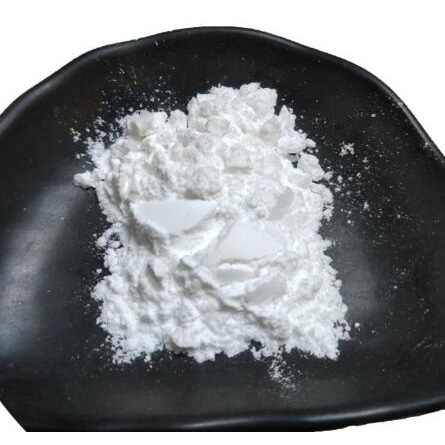
L-Alanine CAS:56-41-7
L-Alanine feed grade is a non-essential amino acid that is commonly used as a dietary supplement for livestock and poultry. It plays a crucial role in protein synthesis and energy metabolism. L-Alanine feed grade is important for maintaining muscle growth, promoting optimal body weight, and supporting immune function in animals. It is often included in animal feeds to ensure they receive sufficient levels of this essential amino acid for their overall health and well-being. L-Alanine feed grade is also known for its ability to enhance nutrient absorption and utilization, improving feed efficiency and animal performance.
-
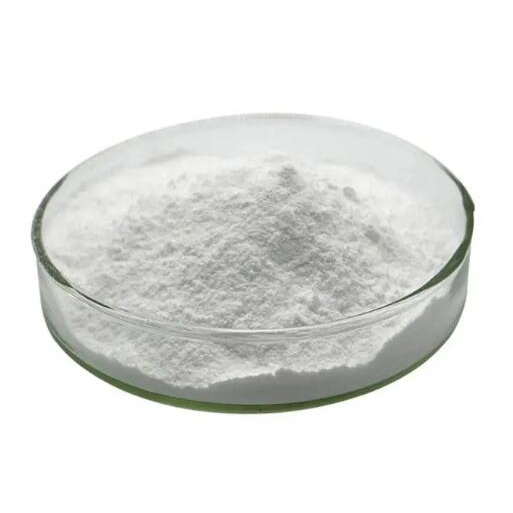
DL-Methionine CAS:59-51-8
The main effect of DL-Methionine feed grade is its ability to provide a source of methionine in animal diets. Methionine is essential for proper protein synthesis, as it is an integral part of many proteins. Additionally, methionine serves as a precursor for important molecules such as S-adenosylmethionine (SAM), which is involved in various biological pathways.
-
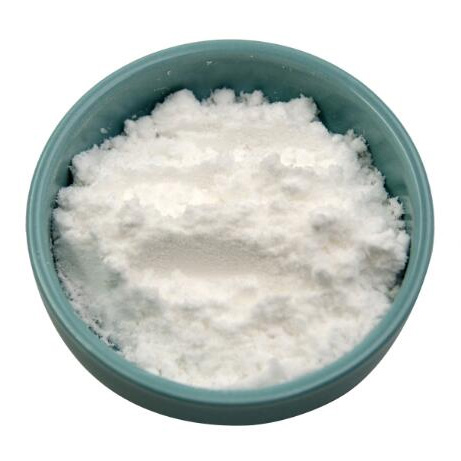
L-Cysteine CAS:52-90-4
L-Cysteine feed grade is a valuable amino acid feed additive commonly used in animal diets. It plays a crucial role in protein synthesis and supports overall growth and development in animals. L-Cysteine also serves as a precursor for the production of antioxidants, such as glutathione, which helps animals defend against oxidative stress. Additionally, L-Cysteine is known to enhance the utilization of essential nutrients, boost immunity, and support intestinal health. When used as part of a balanced diet, L-Cysteine feed grade contributes to the overall well-being and performance of animals.
-
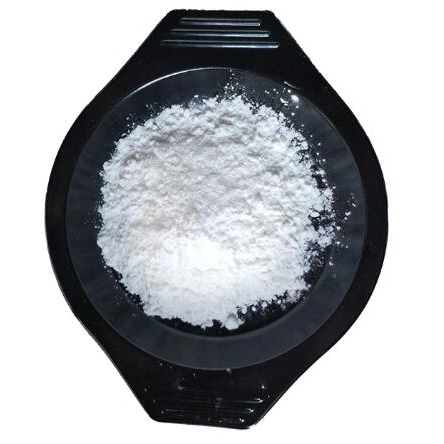
L-Arginine CAS:74-79-3
L-Arginine feed grade is a high-quality amino acid compound that is commonly used as a dietary supplement for livestock and poultry. It plays a crucial role in protein synthesis, immune function, and nutrient metabolism. L-Arginine feed grade is essential for the growth and development of animals, improving reproductive performance, and enhancing animal health. It is a cost-effective and efficient way to meet the nutritional requirements of animals, promoting optimal growth and productivity.

